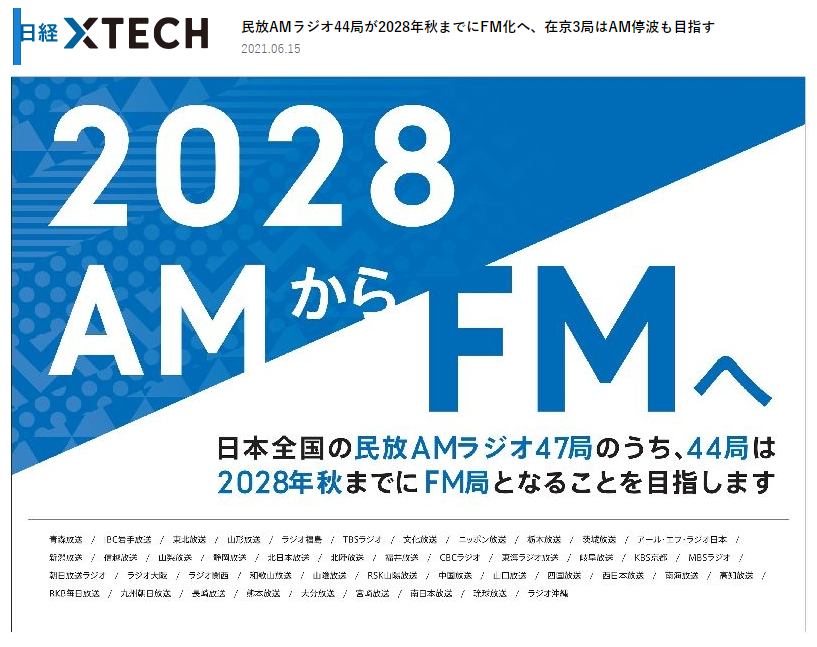
Source
Among the many infrastructures damaged by the conflict in Ukraine, there is also the link network that enabled the connection between the regional TV offices and the central newsroom in Kyiv. The main antenna was on the capital’s broadcasting tower, which was damaged in March 2022. Since then, mobile crews who rely on the cellular network to send video footage have been handicapped due to the use of portable equipment which only allows for low-resolution transmission. To solve the problem, Japan thus donated a number of portable mini-repeaters to the public broadcasting company Nacional’na Suspil’na Teleradiokompanija Ukraïny.
(Written by Fabrizio Carnevalini)


